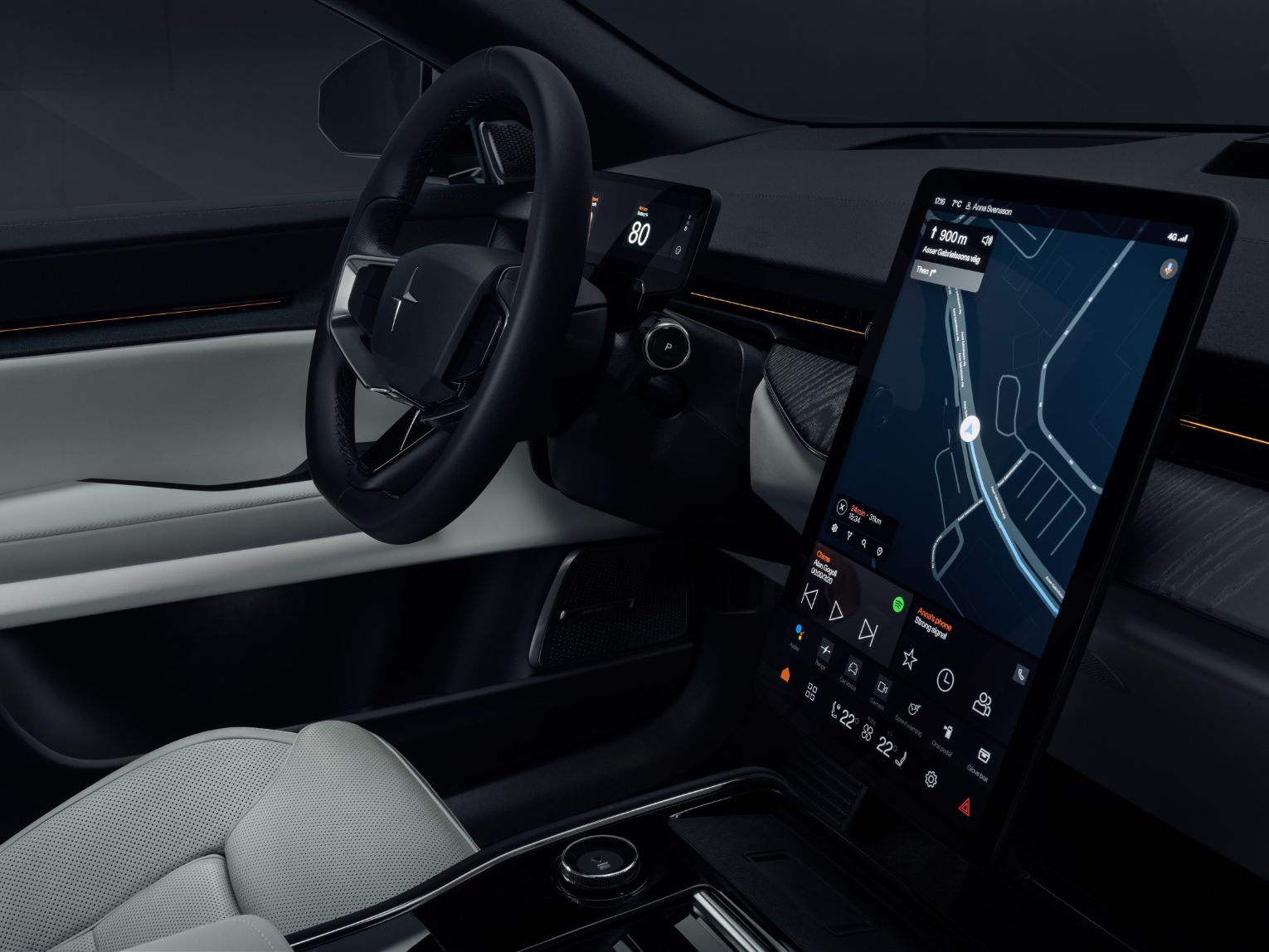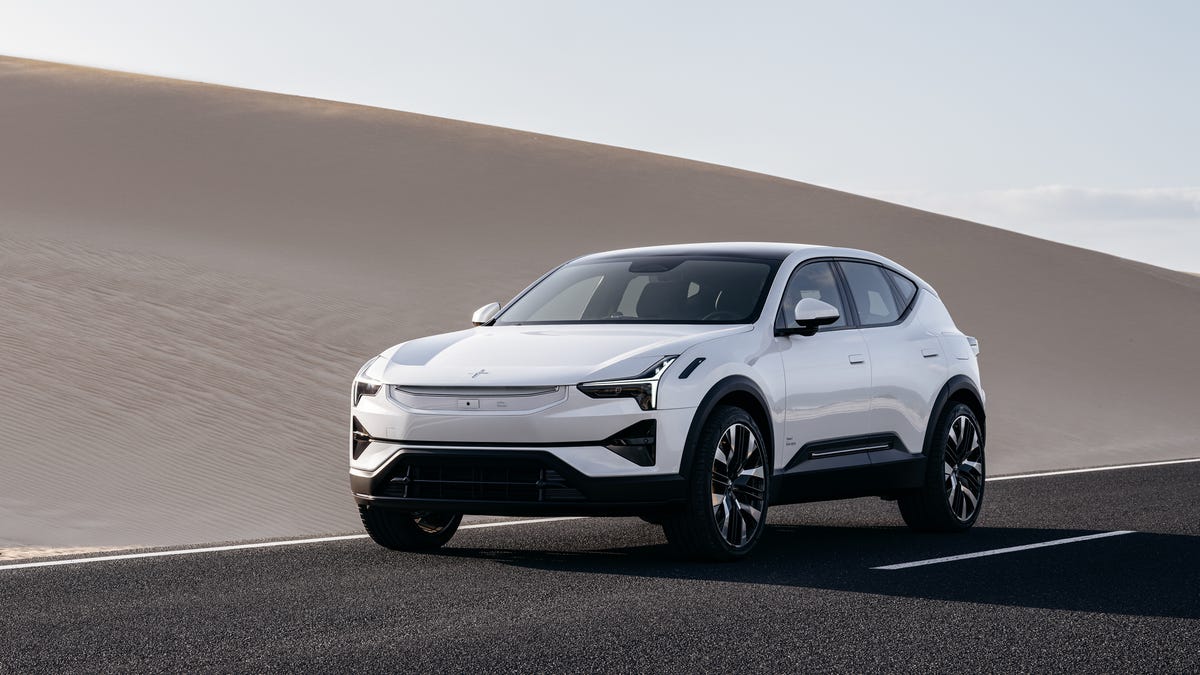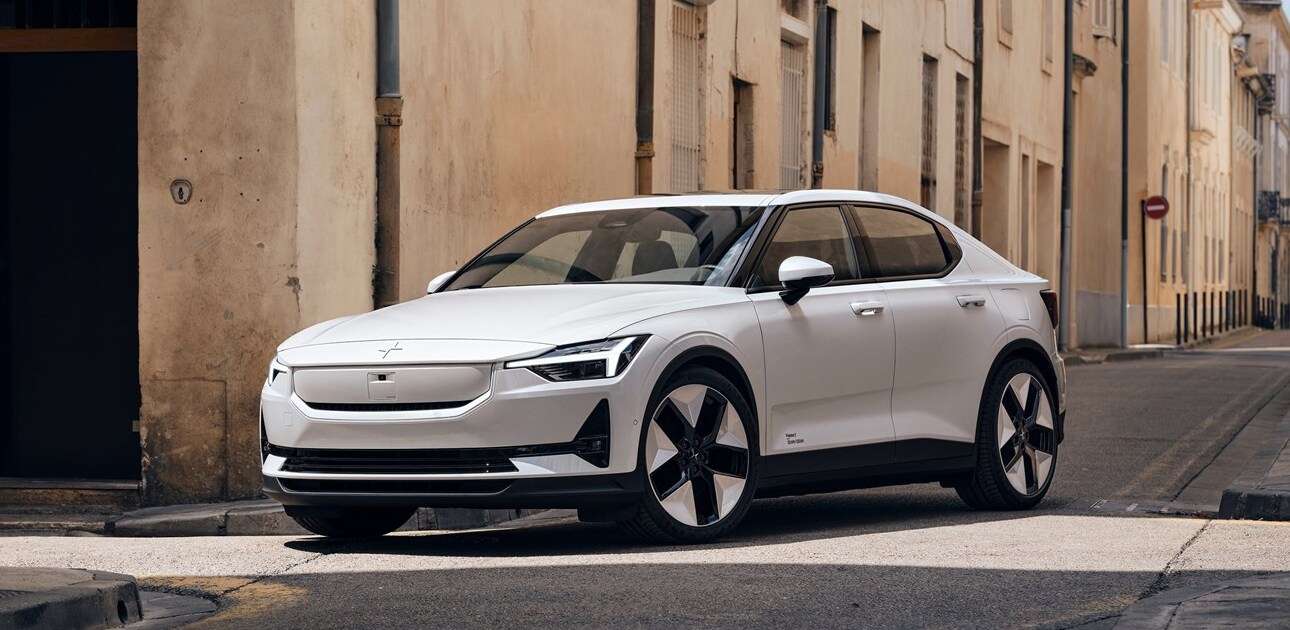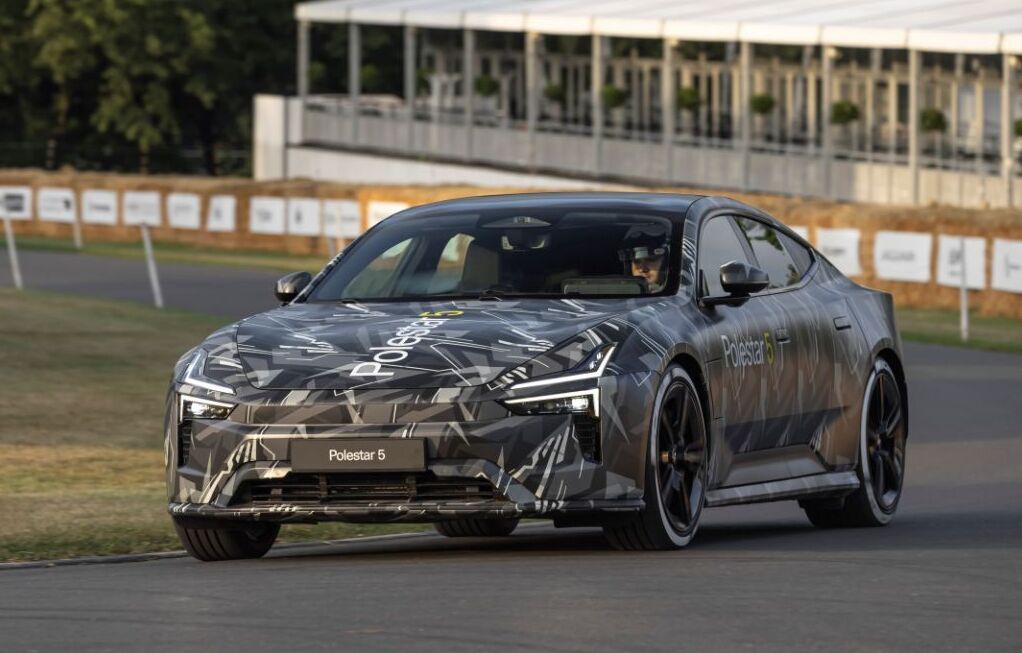Polestar, the renowned Swedish electric vehicle (EV) manufacturer, announced on Monday its collaboration with Xingji Meizu to establish a joint venture. The purpose of this partnership is to develop an advanced operating system for Polestar cars sold exclusively in China, incorporating cutting-edge smart technologies within their vehicles.
This joint venture underscores the Geely group’s ongoing efforts to tailor automobiles specifically for the Chinese market. Xingji Meizu, which is owned by Geely chairman Li Shufu, holds a significant stake in Polestar and exerts control as the largest shareholder of Volvo Cars, further solidifying the connections within the Geely family.
See also: Meizu-Geely Applied For Trademark ‘Wujie Auto’ for Next Car Brand
Polestar, which currently manufactures all its cars in China, disclosed that the upcoming operating system will be based on Xingji Meizu’s Flyme Auto system, launched earlier this year. The system will seamlessly integrate with in-car applications and customers’ smartphones, enhancing the overall user experience.
The Swedish automaker outlined the ownership structure of the joint venture, with Polestar possessing a 49% stake and Xingji Meizu holding 51%. Both companies are committed to contributing significant funding, with Polestar investing $98 million and Xingji Meizu providing $102 million to facilitate the venture.
Polestar CEO Thomas Ingenlath expressed his confidence in the swift integration of the new software into their vehicles. Meanwhile, he confirmed that the Google Auto system, utilized in cars sold outside of China, would remain unaltered.
Xingji Meizu has steadily expanded its presence over the past decade, aspiring to become a formidable Chinese competitor to the Android operating system. However, it currently holds only a marginal market share.
Conventional automakers face mounting pressure from Chinese EV manufacturers that offer affordable prices and incorporate advanced consumer-centric technologies. Ingenlath acknowledged the challenges posed by these rivals, stating, “We definitely struggle in being competitive in that environment.” He further emphasized the positive aspect of collaborating with a company closely associated with Polestar’s owner.
Ingenlath emphasized that this collaboration allows the U.S.-listed Polestar to utilize in-house software and cater directly to the preferences of Chinese consumers. “This brings us in a completely different position, and puts us on the same level as, if not even ahead of, our Chinese EV competitors,” he shared with Reuters, highlighting the significant impact of this venture on Polestar’s competitive edge in the Chinese market.





